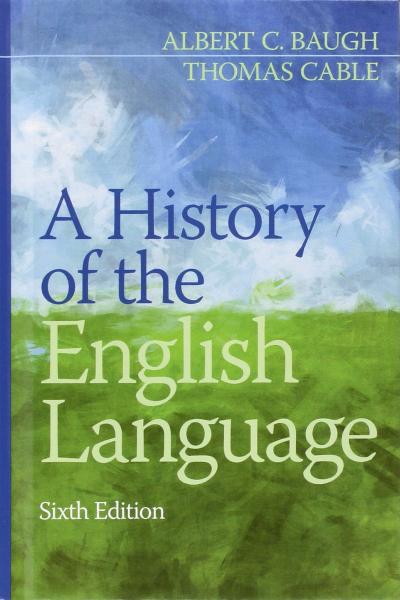
Last week, we posted a list of books that have lingered (sometimes for decades) in the minds of Mechanics’ Institute staff. Read on for their takes on more indelible titles:
|
Lisa Braider (Library Assistant) In elementary school I was introduced to Little Women [Louisa May Alcott, 1868]. I was immediately smitten. Like the March sisters in the story, I was one of four daughters growing up in Concord, Mass. From Little Women I took not only the importance of sisters and family but also the idea that a young woman could make her own life. I stumbled across Joseph Heller's Catch-22 [1961] in high school. I still remember how surprised I was that a book on such a dark topic (World War II) could be laugh-out-loud funny. Reading it when I did informed my views on the futility and absurdity of war. To this day it is one of the most potent examples of laughing to keep from crying that I have ever read. I read Zen and the Art of Motorcycle Maintenance [Robert Pirsig, 1974] during the long, hot summer between my sophomore and junior year in college. Despite having little interest in Zen and no interest in motorcycles, I was enthralled. One of my most vivid memories of that summer is my attempt to describe the book’s thesis to the elderly women I worked with at what was then called the Concord Antiquarian Society. Craig Jackson (Collections/Acquisitions Librarian) I consult the following titles constantly . . . just can’t get them out of my mind. A History of the English Language [Albert Baugh, 1978] first came to my attention in the 1970s while I was in high school and working as a page at Toronto Public Library. The book ties together the historical development of English by examining political and social considerations and the influence of other languages. It piqued my interest to such an extent that I acquired more specialized titles such as Old English and Its Closest Relatives and The Syntax of Old Norse. The Story of Latin and the Romance Languages [Mario Pei, 1976] spotlights the evolution of Latin into Spanish, Italian, and French, etc. Most interesting is why and how each language developed so distinctly from the others, yet remains similar in many ways to its “sister” languages. This book inspired an ongoing study of the subject and additional titles like The Evolution of French Syntax: A Comparative Approach and From Latin to Modern French with Especial Consideration of Anglo-Norman. Steven Dunlap (Head of Technical Services)
In my early 20s, I read Brian Fawcett’s Cambodia: A Book for People Who Find Television Too Slow [1986]. It changed the way I think about civilizations and progress, social and political movements, public and economic policy, leaders and tyrants, and government and governance. Fawcett takes a unique approach: a nonfiction essay runs the length of the book along the lower half of the pages while a series of short stories run across the top half of the pages. The stories and essay are brilliant on their own, but the device of making you read them concurrently has a profound effect as each reinforces the other. |


